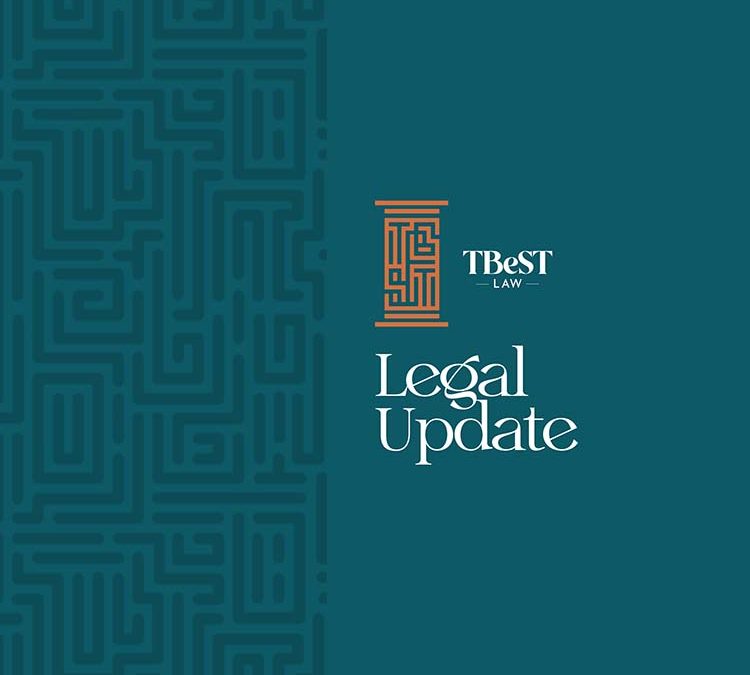Foreign Investment Inflows: New Era for Wholesale, Retail, Import and Export Sectors
Dr. Taddese Lencho and Sisay Habte
Wholesale, retail, import and export businesses have for a long time been the exclusive preserves of Ethiopian nationals in successive investment laws. The current investment regulation, Regulation No. 474/2020, has maintained the reservation of these businesses to Ethiopian nationals. The stated as well as unstated rationale for this reservation has been providing opportunities for Ethiopian nationals and building local capacity in these sectors.
Among the exclusive areas reserved for domestic investors are;
- All wholesale trade excluding the wholesale of petroleum products, the wholesale of own products produced in Ethiopia, and the wholesale of electronic commerce.
- All retail trade, excluding retail of electronic commerce and retail of own product produced in Ethiopia as provided under other laws.
- All import trade, excluding import of liquefied petroleum gas and bitumen.
- Export trade of raw coffee, khat, oil seeds, pulses, minerals, hides and skins, products of natural forests, chickens, and livestock, including export of cattle bought from the market.
In a bid to fix this, the Ethiopian Investment Commission Board through its mandate to open up reserved sectors has issued a Directive No. 1001/2024, Directive to Regulate Foreign Investors’ Participation in Restricted Export, Import, Wholesale and Retail Trade. The shift away from reservation of these areas to Ethiopian nationals shows the Authorities’ frustration with the results of reservation of these areas. The reservation of these areas has not produced a fundamental economic and structural transition into a modern economy in which Ethiopian nationals are able to create a competitive sector that produces optimal results for consumers and the economy. The growth of the wholesale and retail sector, wholly controlled by Ethiopians, has been lagging far behind similar sectors in other countries as to force the Authorities to rethink the wisdom of reserving these sectors to Ethiopian nationals. The Authorities have realized that the net effect of such reservation has been to benefit very few actors in the sectors at the expense of Ethiopian consumers and the Ethiopian economy as a whole.
The new directive issued by the Ethiopian Investment Commission Board opens up the following sectors:
- Retail sector;
- Import except fertilizer and petroleum;
- Export trade of raw coffee, khat, oilseeds, pulse, hides and skin, forest products, poultry and livestock bought on the market; and
- Wholesale except wholesale of fertilizer.
To obtain an import, retail, export, or wholesale license in Ethiopia, foreign investors must meet specific conditions outlined in the directive. These conditions include demonstrating relevant experience, capacity, or market linkage in the sector they wish to operate in, fulfilling minimum capital requirements, complying with standards, and entering into agreements with appropriate bodies before receiving the investment permit. Additionally, for each sector, there are specific requirements related to prior experience, contractual commitments, and annual performance thresholds that need to be met to qualify for the respective licenses. Below is a brief outline of some of the criteria applicable to each sector:
|
Sector opened |
Criteria |
|
Import except fertilizer and petroleum |
– Proof of being a manufacturer of the goods or an agent of the manufacturer – an existing manufacturer in Ethiopia with export of 50% or more of its products; – If the importer does not meet any of the above criteria’s, must enter into an agreement with the appropriate body and annually import commodities with at least 10 Million USD |
|
Retail |
– Minimum store size requirements; – Enter into agreement before receiving permit |
|
Export trade of raw coffee, khat, oilseeds, pulse, hides and skin, forest products, poultry and livestock bought on the market |
– Relevant experience in export; – Capacity; – Market linkage; and – Able to enter into agreement before it receives permit
|
|
Wholesale except fertilizer |
– Hold an import trade license for the goods sold or purchases products from manufacturers locally – Enters into an agreement with the appropriate body – Contractually commit to build modern marketing infrastructure and provide streamlined logistics service facilitating its wholesale operations. |
This update is meant to inform and provide general insight into recent regulatory changes and should not be construed as legal advice. It’s always essential to seek legal advice tailored to your specific circumstances.


